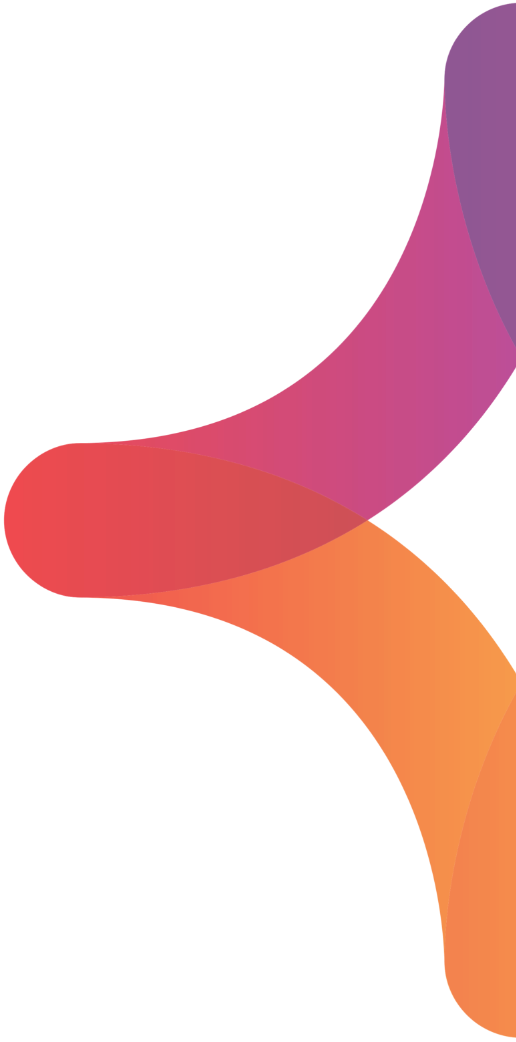
- We discovered a fundamentally new form of synaptic transmission, hemichannel mediated ephaptic inhibition from horizontal cells to cones, and showed that this pathway plays an important role in contrast enhancement.
- We showed that horizontal cells, in addition to inhibiting cones, also enhance the synaptic gain of the photoreceptor via a “lateral gain control mechanism”. We showed that this gain control mechanism underlies instantaneous color constancy.
- We showed that cones adapt to contrast by modifying their filter characteristsics. In low contrast conditions cones have a low pass filter characteristic, whereas at high contrast they have a band pass filter characteristic.
- We found that the signals from the photoreceptors are relayed to two general types of bipolar cells, each with its own specific intensity dependence. One bipolar cell type is sensitive over a broad intensity range and is especially suited to detect global luminance levels. The other type is an intensity opponent bipolar cell that changes its response polarity depending on the luminance of the stimulus. This type of bipolar cell is especially sensitive to detect small fluctuations in light intensity.
- We have been involved in identifying and localizing three novel proteins (NYX, TRPM1 and GRP179) in the photoreceptor to ON-bipolar cell synapse and showed that mutations in these proteins cause congenital stationary night blindness in humans.
- We found that nystagmus in children with congenital stationary night blindness, is caused by a mutation in a protein of the ON-bipolar cell synapse. This mutation eventually leads to oscillations of retinal ganglion cells inducing oscillating eye-movements.
Additional information and articles
Vacancies
At the moment, there are no vacancies within this group
Show all vacancies
Contact
Have a question? Ask it directly to the Kamermans group
"*" indicates required fields
Donate to NiN
"*" indicates required fields
Brain Friends make groundbreaking brain research possible
- You support groundbreaking/ innovative brain research
- You support the Dutch Brain Bank
- Invitation to the Brain Friends Lecture
- Exclusive friend activities
- A look behind the scenes of the Netherlands Institute for Neuroscience
You can easily donate via
You can also transfer your contribution to NL76 INGB 0002 1673 78 in the name of ‘Stichting Vrienden van het Herseninstituut’
Support our work!
The Friends Foundation facilitates groundbreaking brain research. You can help us with that.
Support our work